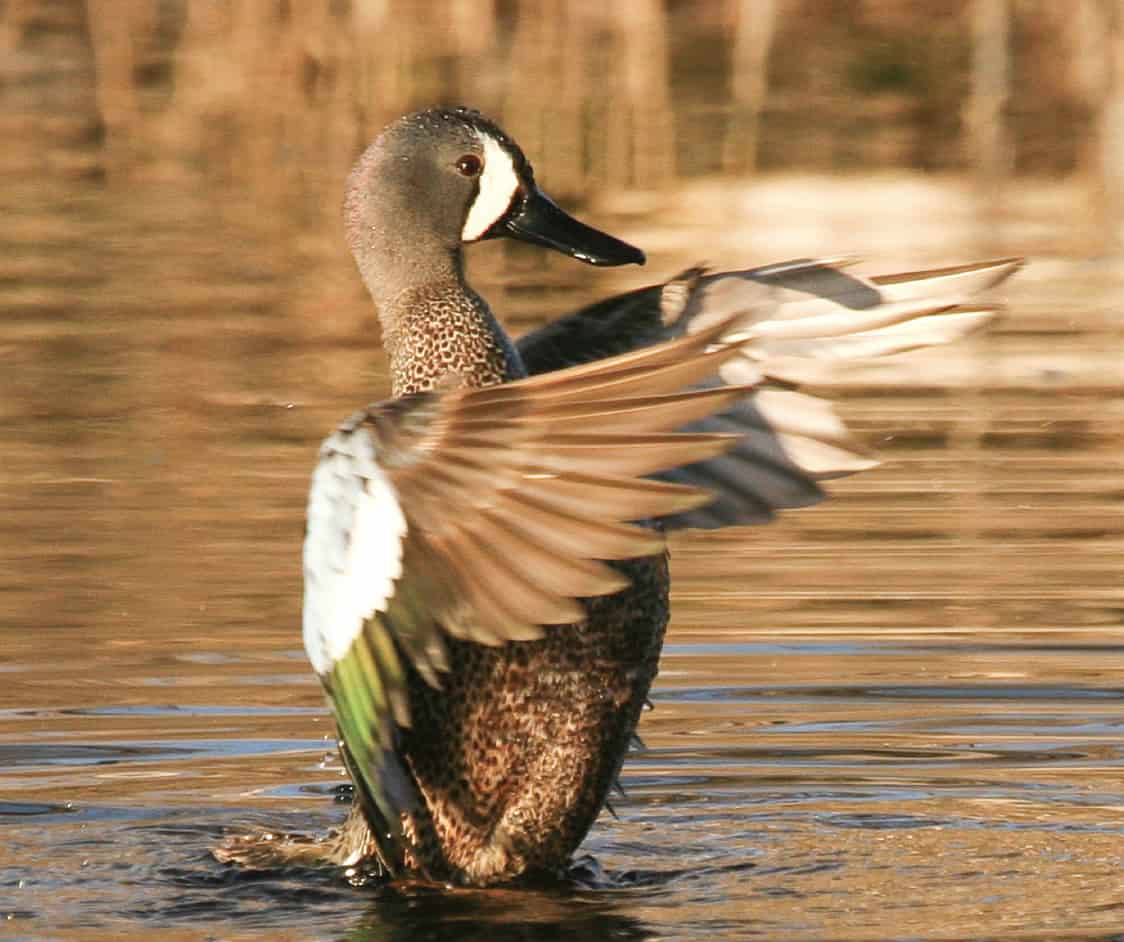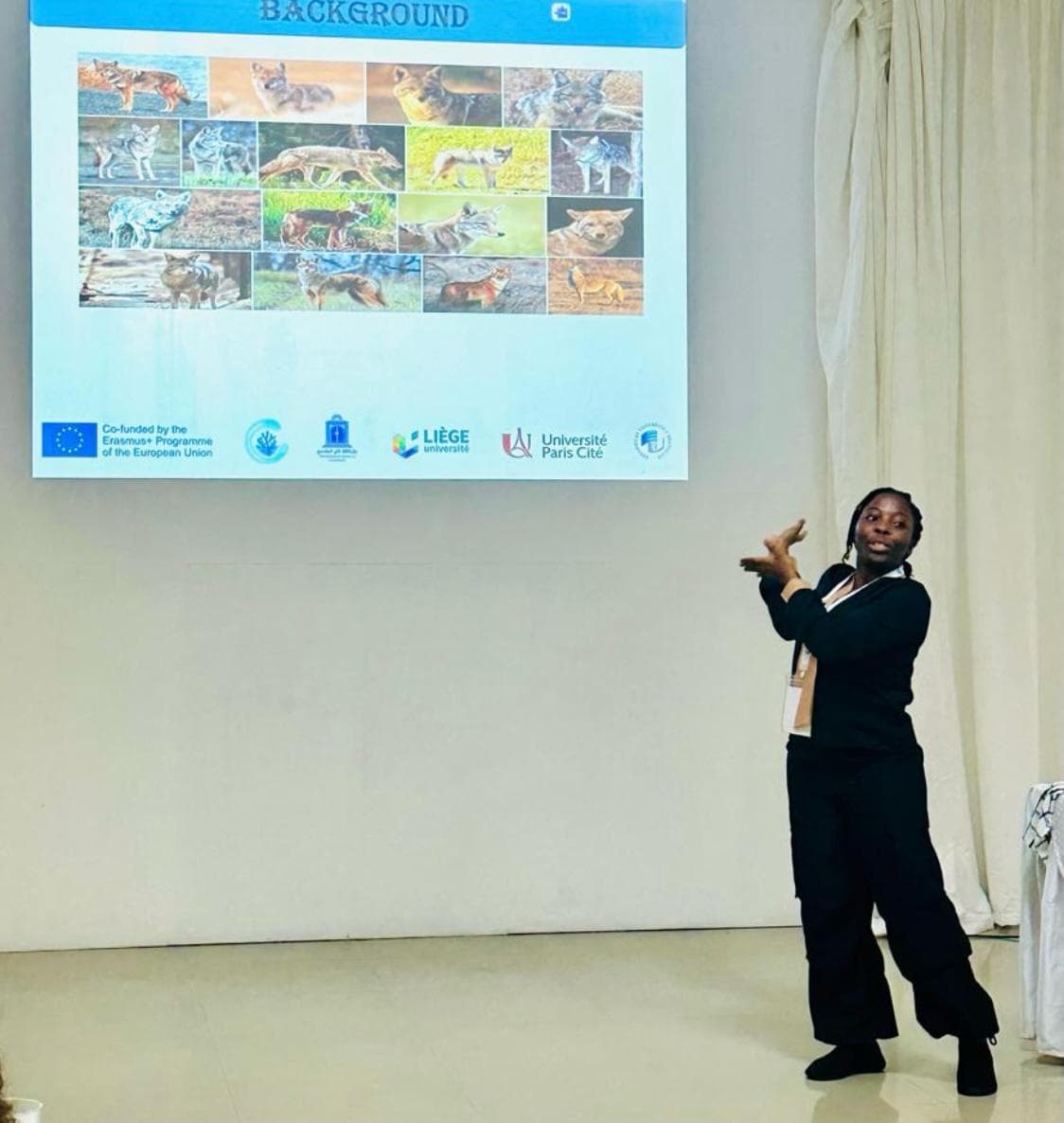
Wildlife Vocalizations: Bright Olunusi
Olunusi discusses unique wildlife conservation challenges facing the younger generation
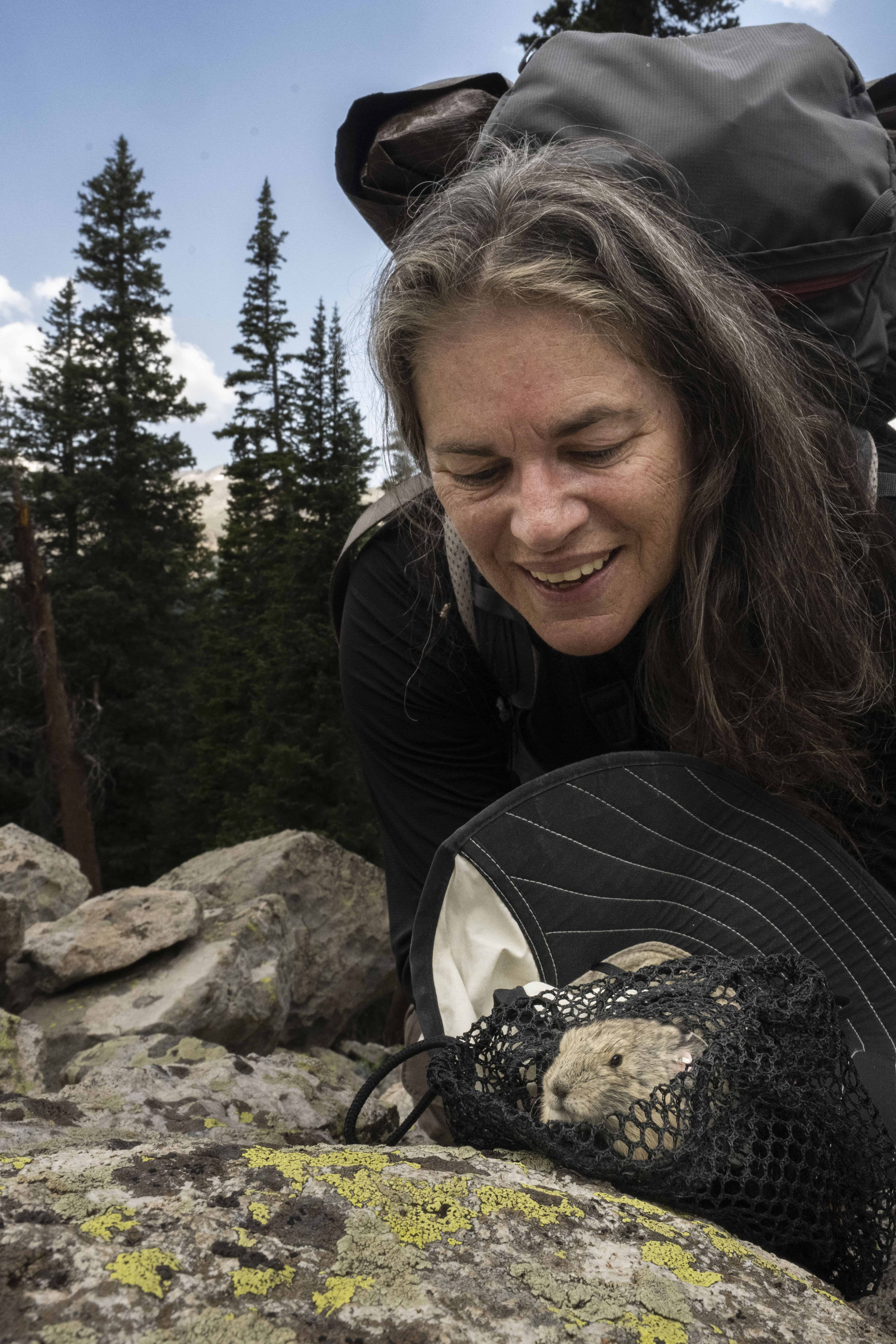
The March/April issue of The Wildlife Professional
High Heat: Climate change is transforming mountain ecosystems
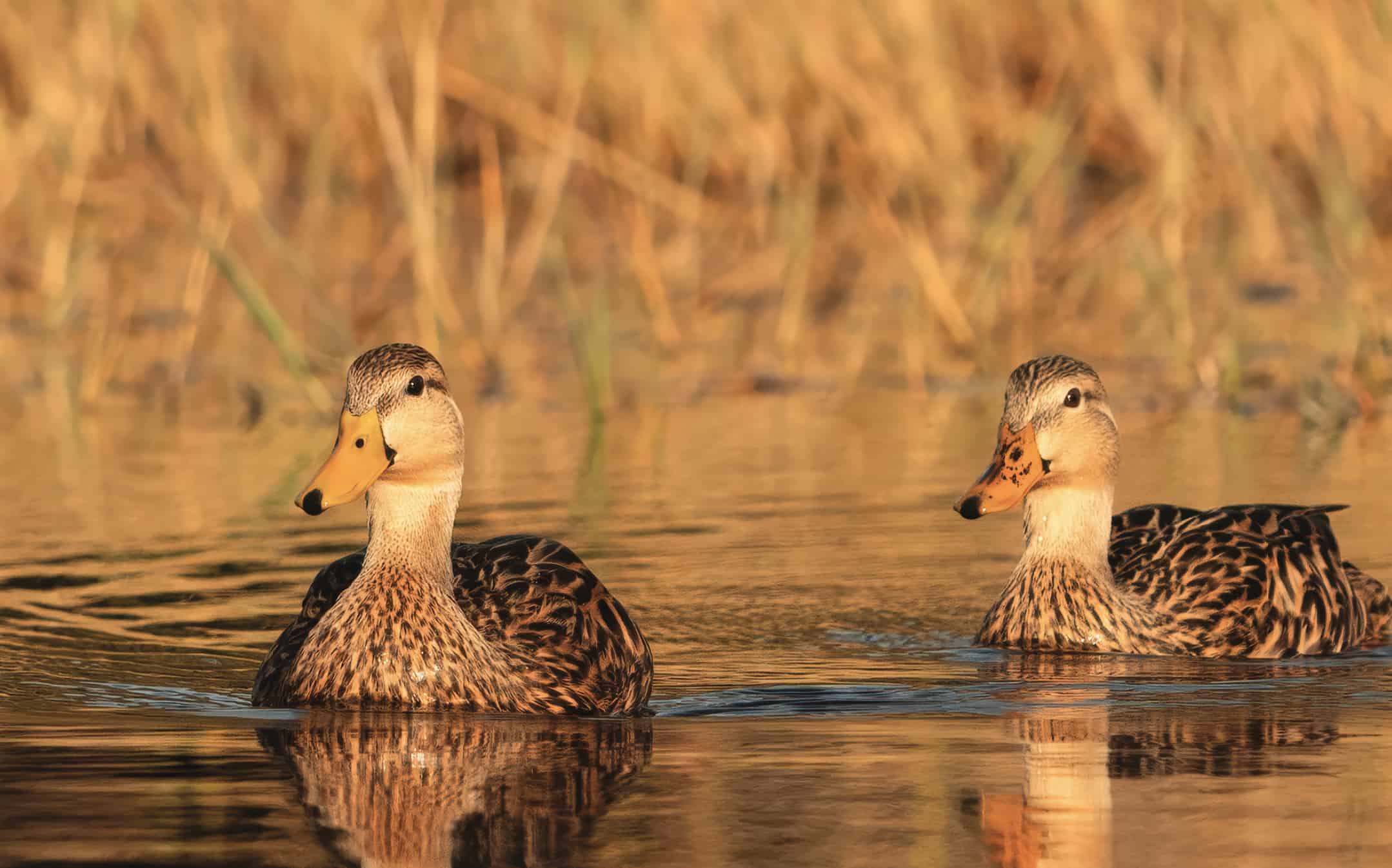
The April issue of the Journal of Wildlife Management
Articles look at genetics of California elk, harbor purpose distribution, human disturbance on Giant pandas and more
PAID AD

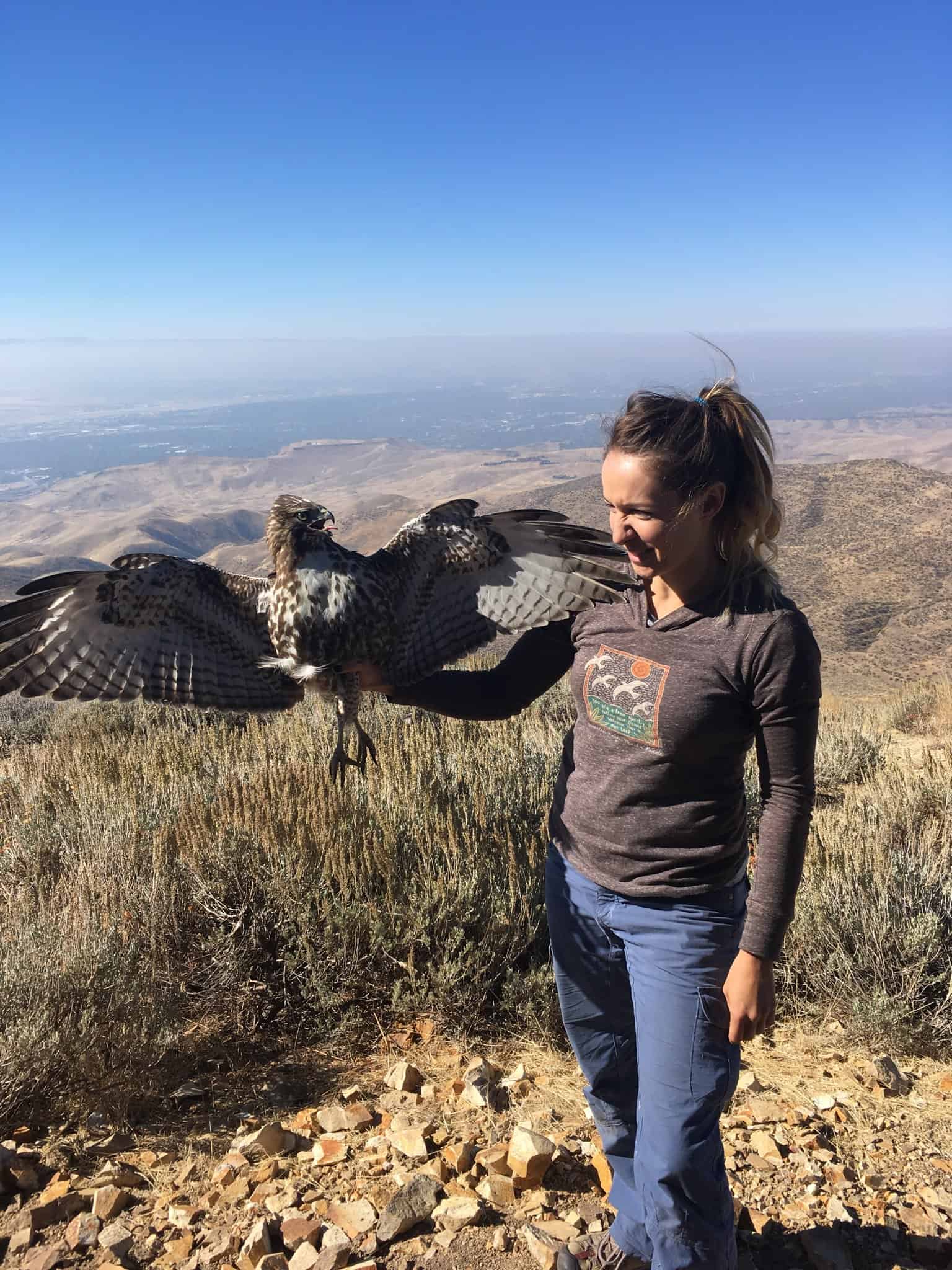
Wildlife Vocalizations: Tempe Regan
Regan discusses how she finds inspiration in the wildlife profession in the face of adversity
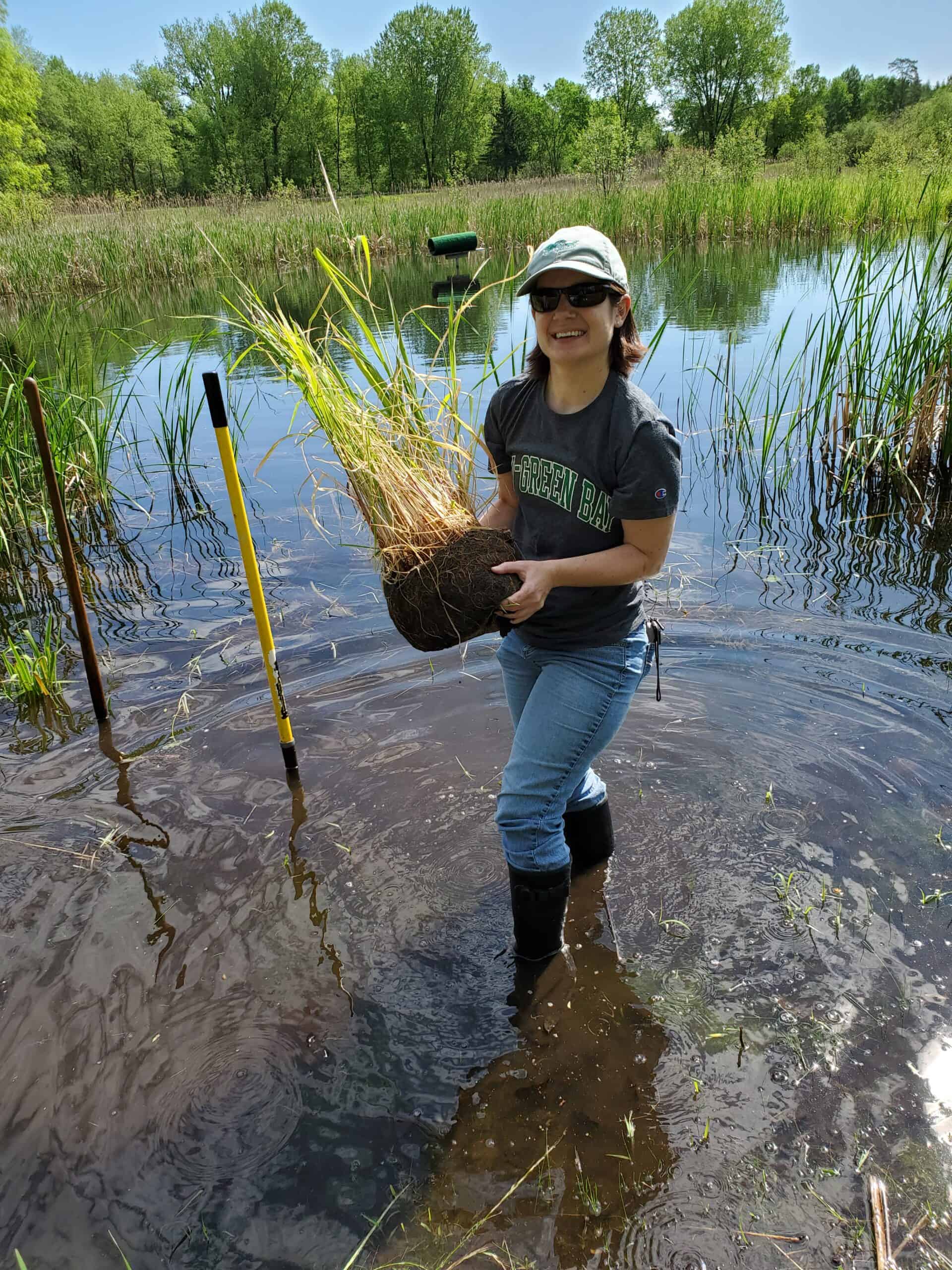
Wildlife Vocalizations: Amy Carrozzino-Lyon
Carrozzino-Lyon discusses the importance of mentorship
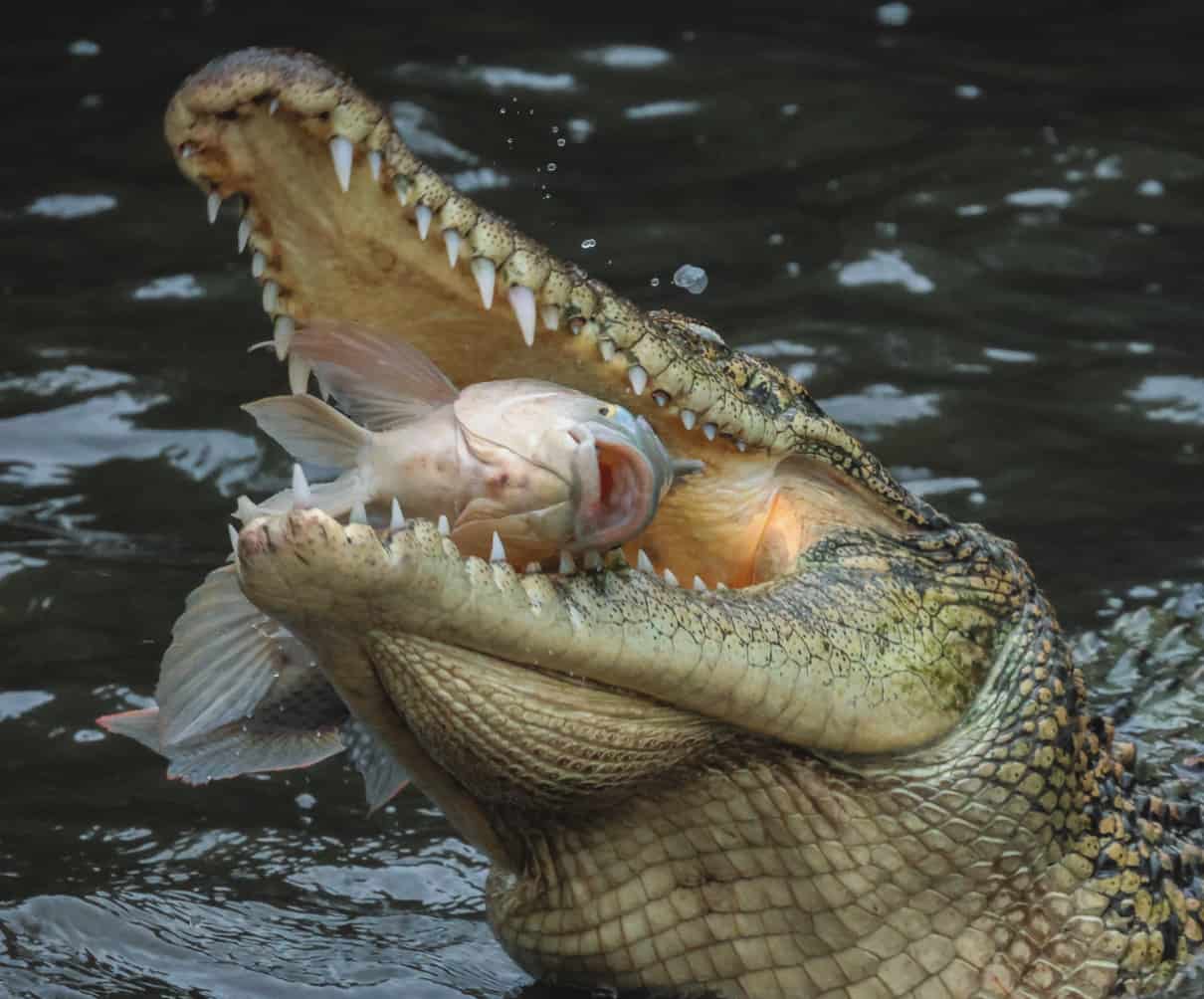
The February issue of the Journal of Wildlife Management
Check out articles on grizzly habitat protections, pronghorn management, duck harvest and more
PAID AD

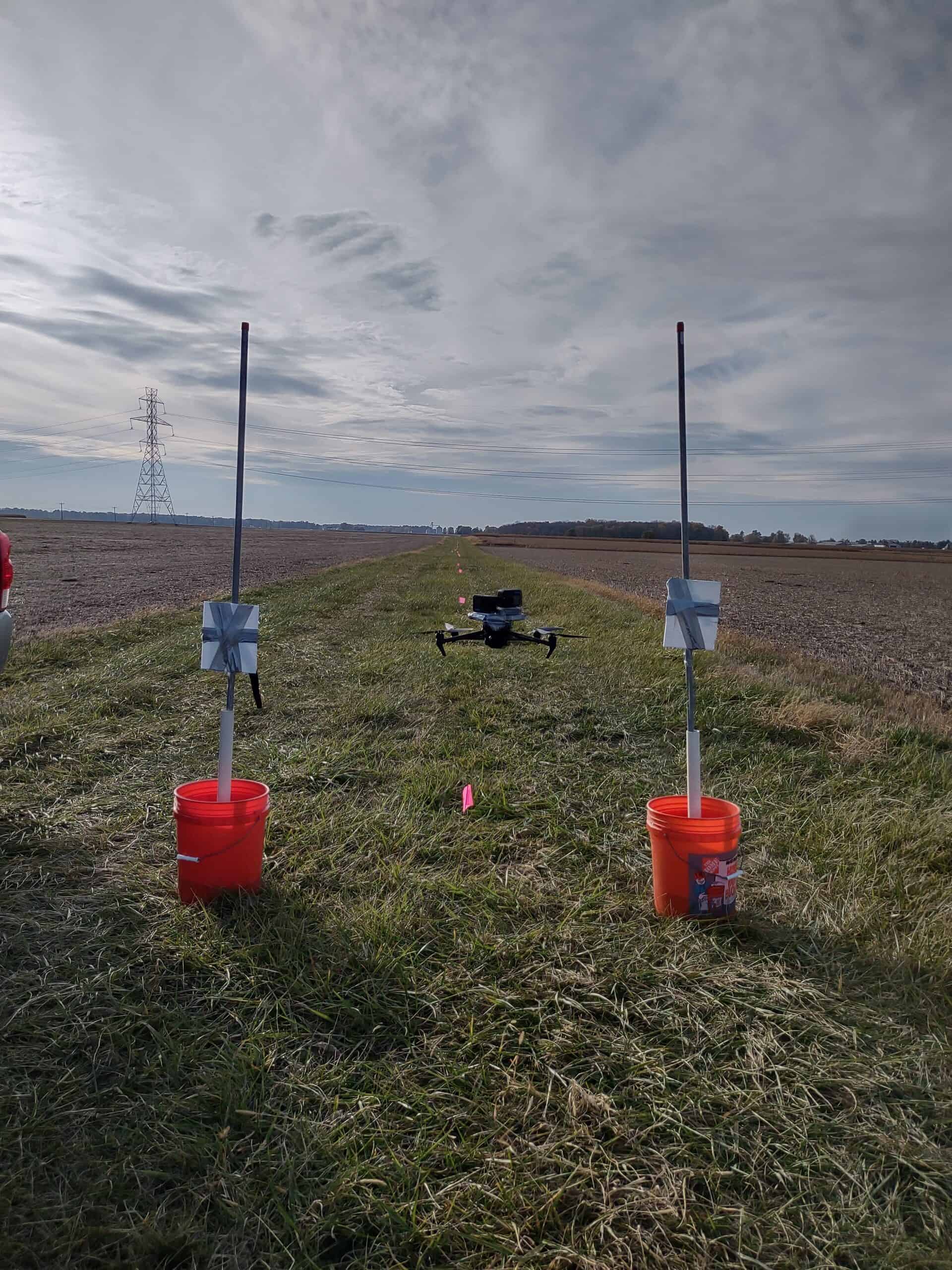
TWS 2023: Can bird-repellent lasers be more eye friendly?
Researchers are examining whether technology to reduce crop damage may be improved

New policy intern joins TWS government affairs team
The Wildlife Society welcomes its spring 2024 Joe Burns Memorial Wildlife Policy Intern, Hannah Henry
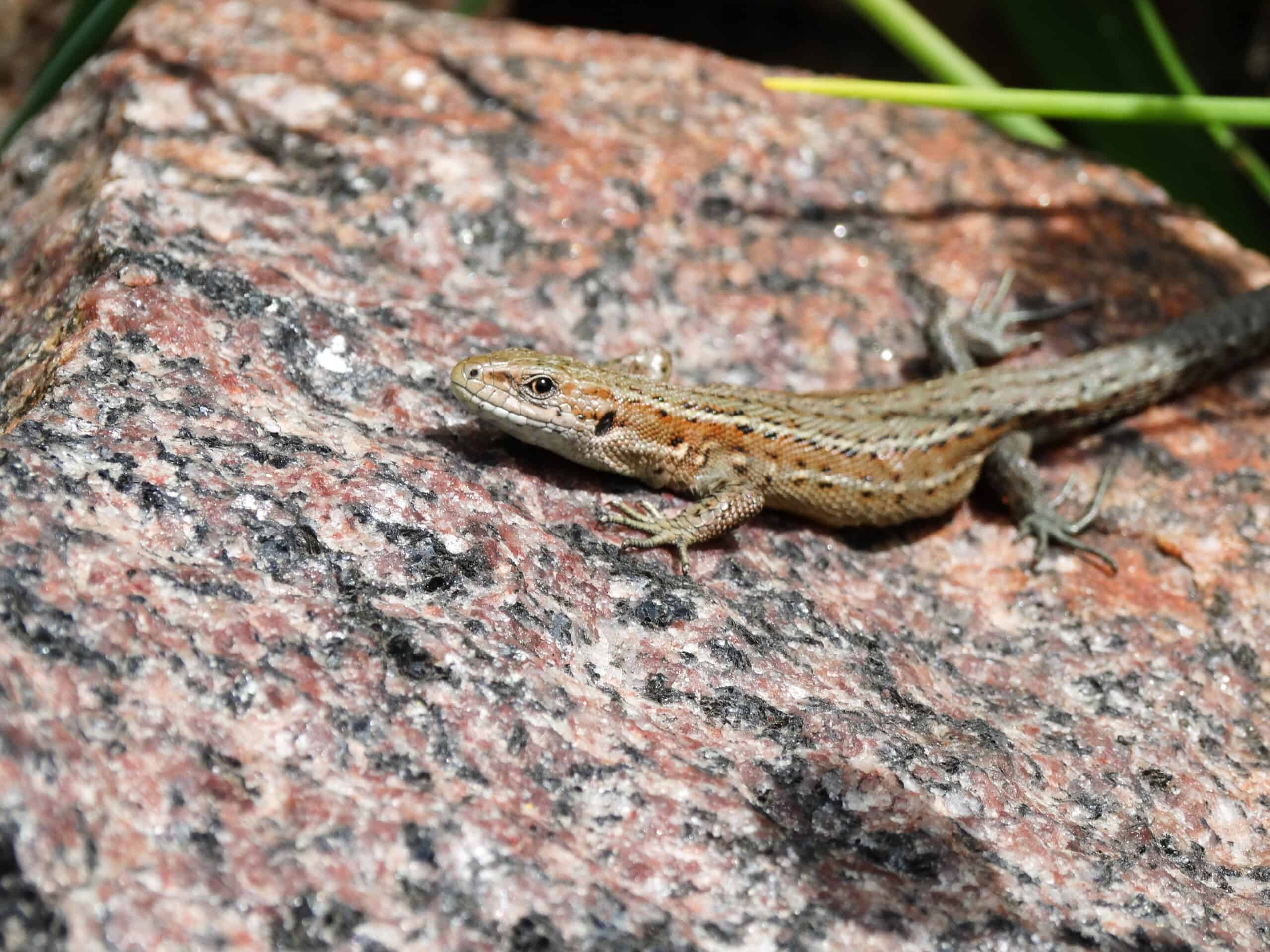
In the tropics, climate change puts cold-blooded species at risk
Tropical reptiles, amphibians and insects can’t take much more heat




